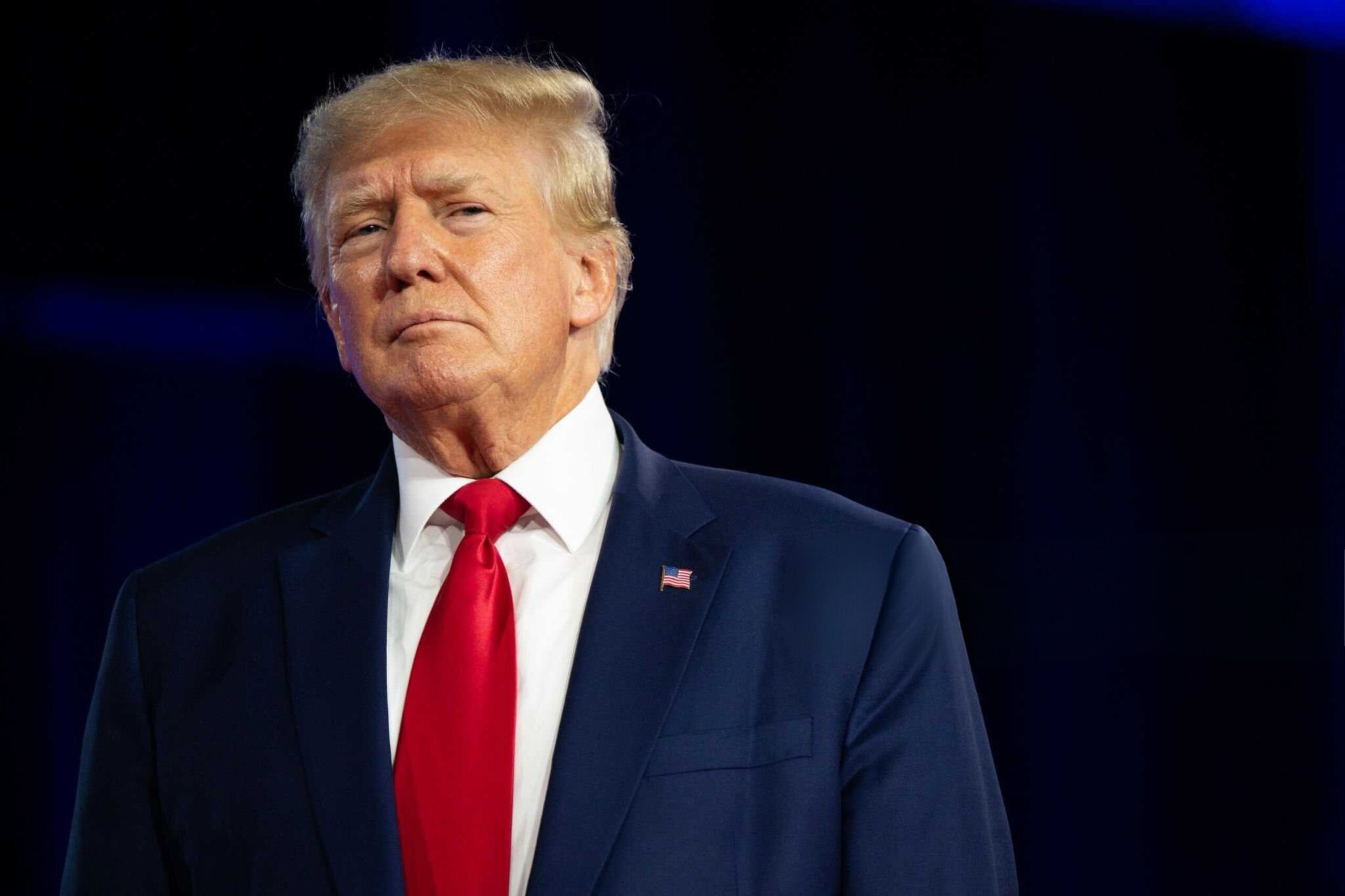WASHINGTON/SHANGHAI (Reuters) – U.S. President Donald Trump said China had agreed to cut import tariffs on American-made cars, buoying shares in BMW (BMWG.DE) and Daimler AG (DAIGn.DE) who manufacture in the United States for export to the world’s biggest auto market.
Cars are seen in a parking lot in Palm Springs, California April 13, 2015. REUTERS/Lucy Nicholson
Shares of Chinese car dealers also perked up on hopes that such a move could revitalize the domestic auto market that is poised for its first annual sales contraction in decades amid cooling economic growth and a debilitating U.S.-China trade war.
Trump, fresh from agreeing a 90-day cease-fire in his trade war with China at the meeting of the G20, said on Twitter “China has agreed to reduce and remove tariffs on cars coming into China from the U.S. Currently the tariff is 40%”.
The move, if realized, would bolster U.S. carmakers who were hit hard when China ramped up levies on U.S.-made cars in July as part of a broad package of retaliatory tariffs amid the sprawling trade war between Washington and Beijing.
“If they cancel the extra 25 percent tariff on U.S.-made cars, then we will see positive signs for imported cars,” Wang Cun, director of the China Automobile Dealers Association’s import committee, told reporters in Beijing.
Beijing raised tariffs on U.S. auto imports to 40 percent in July, forcing many carmakers to hike prices in a major hit to the roughly $10 billion worth of passenger vehicles the United States sent to China last year.
That put U.S.-made car brands like Tesla Inc (TSLA.O) and Ford Motor Co’s (F.N) Lincoln at a major disadvantage as the move came soon after China slashed auto import tariffs for the wider market to 15 percent from 25 percent.
Trump’s tweet did not give any further detail about the tariff cuts, such as when the deal had been reached or a new level for the Chinese levies.
The White House and U.S. Trade Representative’s (USTR) office did not immediately respond to a request for comment late on Sunday. China’s commerce and finance ministries did not respond to requests for comment on Monday.
SHARES CLIMB
In early European trade on Monday, shares in Germany’s BMW, Volkswagen ASG (VOWG_p.DE) and Mercedes-Benz parent Daimler rose between 4-7 percent.
In China, listed car dealers such as Grand Automotive (600297.SS), Pangda Automobile Trade (601258.SS) and Sinomach Automobile (600335.SS) climbed on the news, with some local carmakers falling back.
Trump and Chinese President Xi Jinping agreed to halt new tariffs during talks in Argentina on Saturday, following months of escalating tensions on trade and other issues.
After a 2-1/2 hour dinner with Xi on Saturday in Buenos Aires, Trump agreed to postpone an increase in the tariff rate on $200 billion worth of Chinese imports to 25 percent from 10 percent that was scheduled for Jan. 1. China agreed to resume purchases of some U.S. farm and energy commodities.
The two sides also agreed to negotiate in the next 90 days over “structural changes” to China’s policies on technology transfers, intellectual property protection, non-tariff barriers, cyber intrusions and theft, services and agriculture.
Major U.S. automakers said they were unaware of the lower tariffs on exports to China.
The automakers have a previously scheduled meeting with USTR on Monday, two people briefed on the matter told Reuters.
The lower tariffs would be a boost to automakers exporting vehicles to China, including Ford and German carmaker BMW, which exports U.S.-built luxury vehicles to China.
It would also be good news for Tesla that has been hit hard by increased tariffs on the electric cars it imports to China.
The U.S. firm, led by billionaire Elon Musk, has said it will cut prices to make its cars “more affordable” and absorb more of the hit from the tariffs. Tesla is also building a local plant in Shanghai to help it avoid steep tariffs.
The United States currently charges tariffs of 27.5 percent on Chinese vehicles. On Wednesday, U.S. Trade Representative Robert Lighthizer said Trump had directed him to examine all available tools to raise U.S. tariffs on Chinese vehicles to the level that China is charging.
Reporting by David Lawder in WASHINGTON and Adam Jourdan in SHANGHAI; Additional reporting by David Shepardson and Yilei Sun; Editing by Muralikumar Anantharaman, Christopher Cushing and Himani Sarkar






Leave a Reply